Book Review: The Happiness Equation by Neil Pasricha
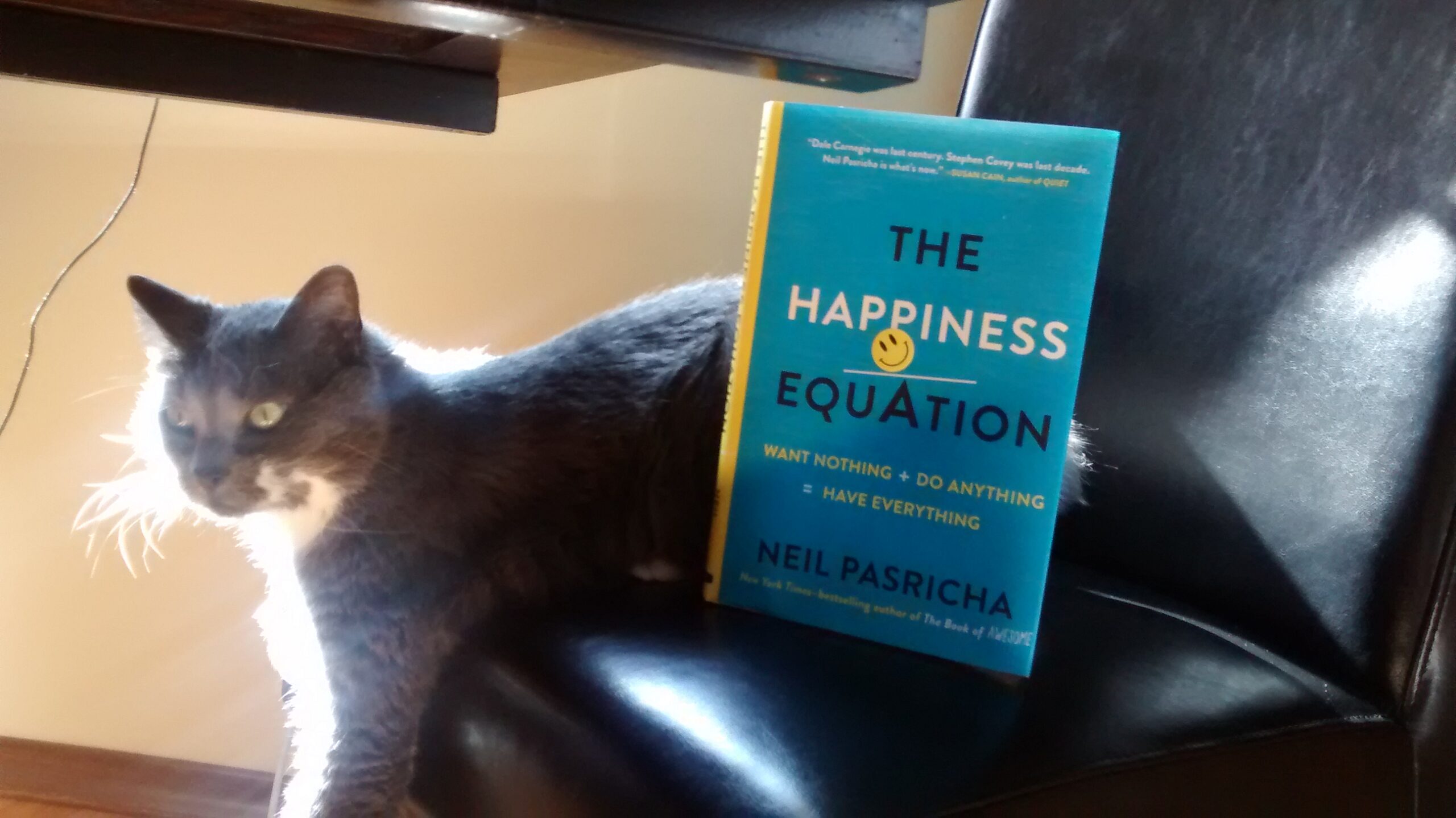
If you’ve read a few of my past posts, you’ll notice I’ve read a few ‘downers’ lately. Not bad books, but sad books all the same. So, I skipped ahead on my to-read shelf (I generally try to read books as they are sent to me) to The Happiness Equation, by Neil Pasricha. I’m glad I did, it did make me a bit happier, although I believe I’m a pretty happy person to begin with. Apparently, believing you’re a happy person is half the battle though, so I didn’t need much convincing.
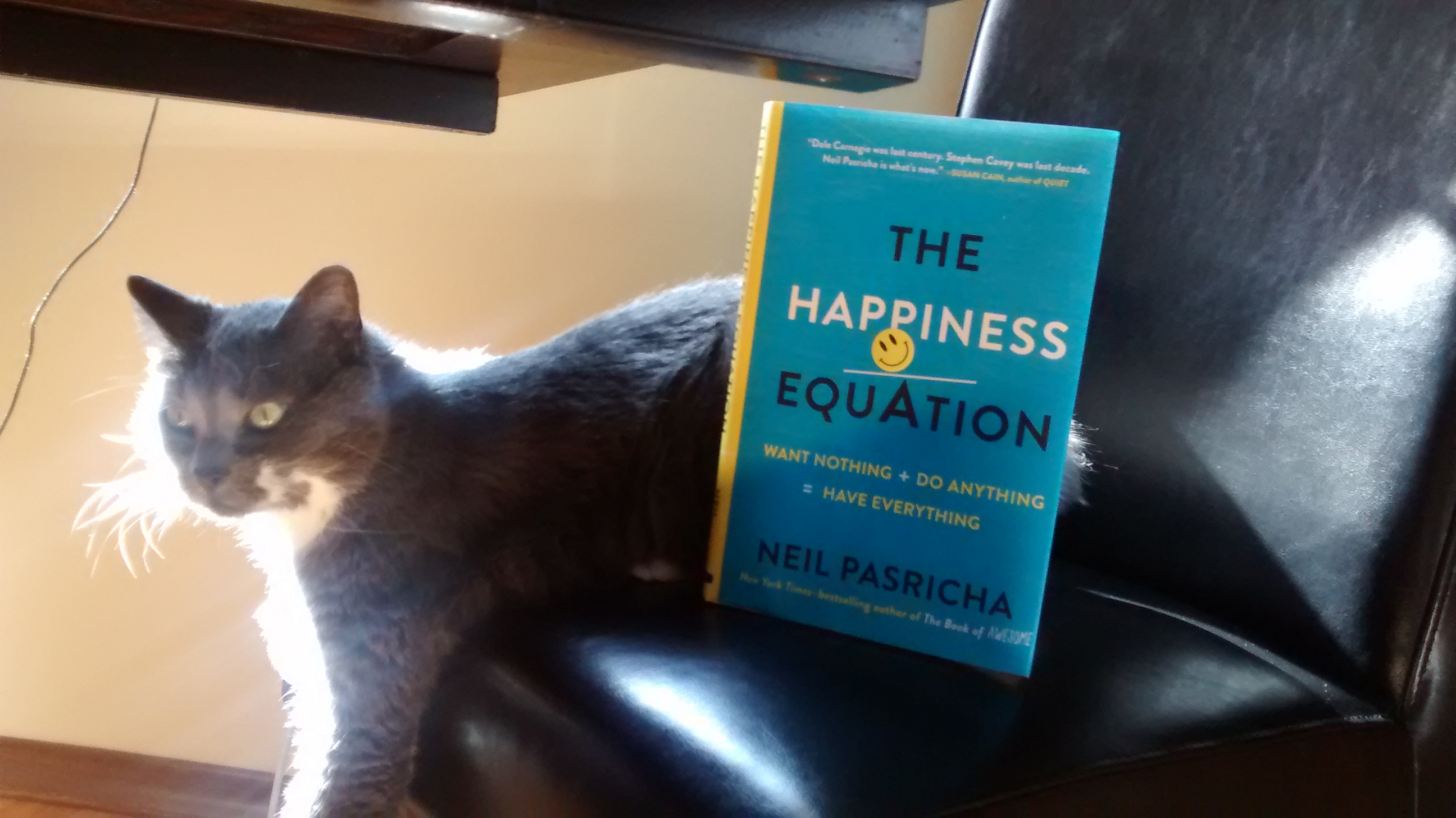
You may recognize the name Neil Pasricha; he’s the guy who wrote The Book of Awesome, and similar titles all related to that same premise. How this man has managed to stretch the same concept into this many books is beyond me, but apparently it’s worked, because he’s sold over a million of them. Despite that I was looking forward to reading his new book because it seemed like it would actually have some substance, which I was right, it did. It’s a self-help book for those who don’t really like reading, or don’t have time to buy into a complicated new theory on how to live your life. The Happiness Equation is simple, I read it in a few hours, and it has a few very basic, simple sketches to help illustrate the not-so-complicated concepts he is trying to explain. For instance, one of his ‘secrets’ to being happy, is to simply realize that if you consider yourself middle class, you’ve basically won the lottery already, because you’re wealthier and more comfortable than the majority of the world’s population. Which brings us to a very important point I should mention about this book.
Like many self-help titles, The Happiness Equation will only resonate with a particular audience. Are you a twenty-something living in North America, struggling to keep up with your friends on Facebook and look good doing it? You should probably read this book, because it was written, literally, for you. There’s a reason why the chapters are so short in this book; it’s because Pasricha realizes his readers will only read a few pages at a time before their attention is taken elsewhere. I realize this last paragraph sounded bitter, and I don’t mean to do that, especially because I’m pretty much one of those people, but let’s be real here, advice like “Remove all entry points to your brain except a single one you can control” (p. 194) only applies to a few of us. Here, he is referencing the fact that may of us respond to way too many different kinds of communication, which is a waste of time. Different email accounts, voicemail, social media accounts, cellphones, text conversations, etc. This in itself is a really good piece of advice, one I’ve actually put forward to many other people (mainly, my husband) since I read this book, but let’s keep in mind that this only applies to people of a certain wealth bracket, age, and location. 
The most useful piece of advice in this book came towards the beginning: one way to be happier is to list 5 things that you are grateful for each week. I took this one step further, and whenever I felt frustrated, or angry with someone or something, I would stop, take a breath, and think of 5 things I was grateful for in that moment. I instantly felt better, and I usually found the things I was getting upset about amusing, because I realized it was so small in the overall picture of my life. Ta-da!!!! Instantly happier. Seriously, try it yourself.
In general, Pasricha also touts the importance of keeping life simple, something I realized I’ve always done. Mainly because keeping my life simple opens up my time to read more books, which is of course, always my intention for the day. So, eliminate unnecessary tasks, and focus on what you really like to do. There-now you too can experience true happiness.

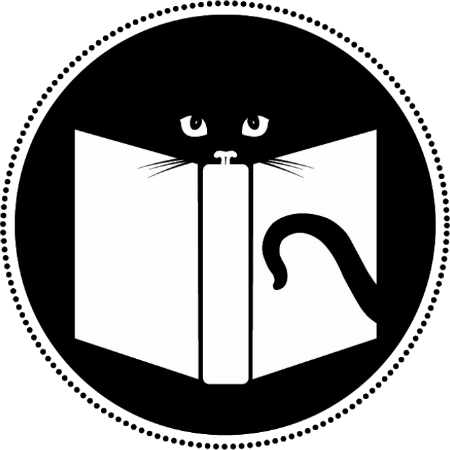
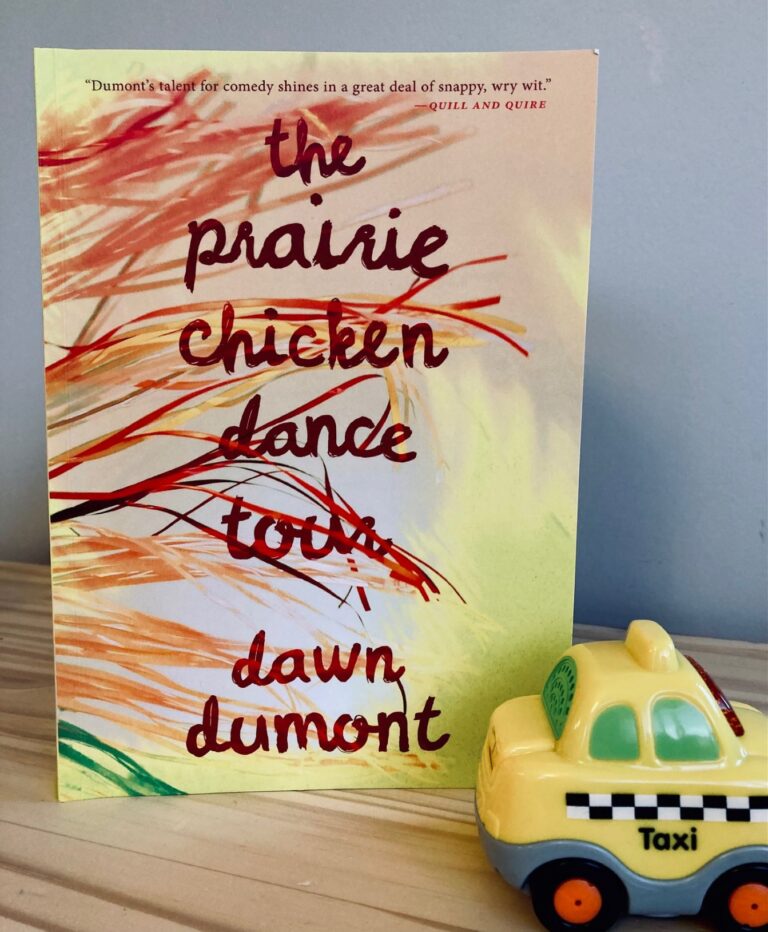
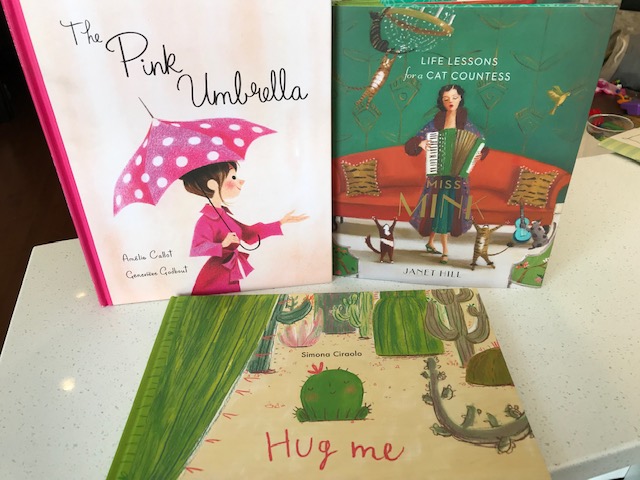
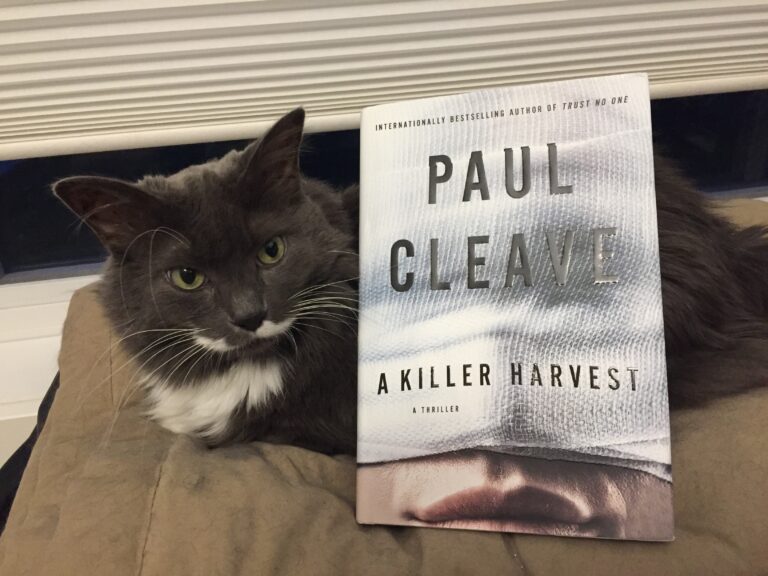
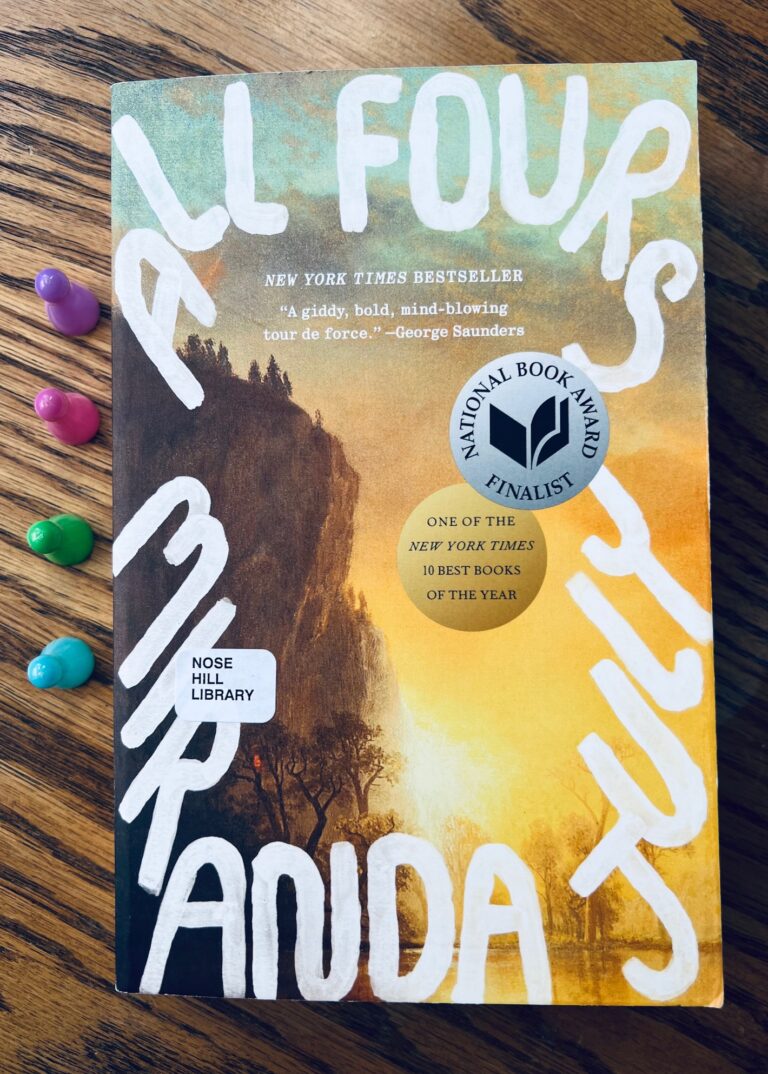
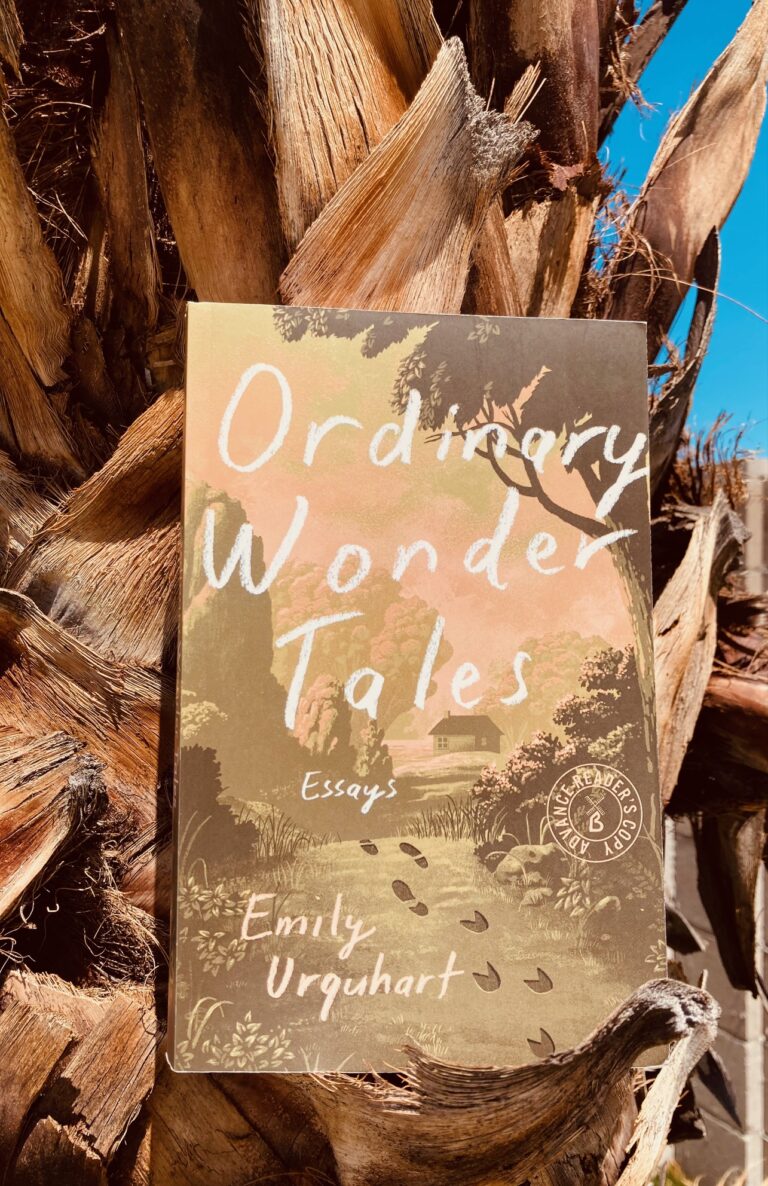
I like your point about self-help books being for a particular audience. Very true. Also, thanks for sharing the gratitude and simplicity tips. Two important things, in my opinion. :)
Yes, I think that’s what’s so great about this book. It’s simple, but useful!